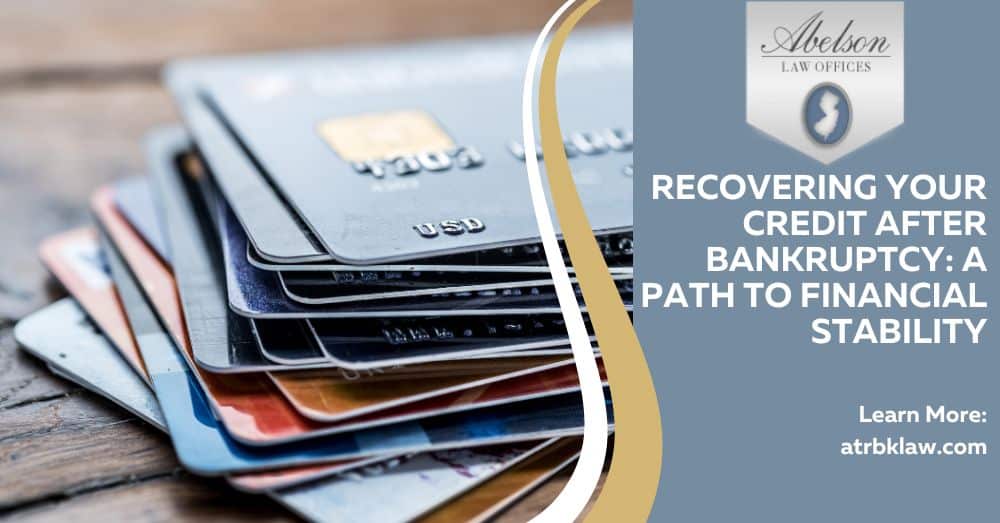Bankruptcy is a major financial setback, and its impact extends to your credit score. While the road to recovery may seem long, focused strategies can rebuild your credit and set you on a stronger financial course.
Know Your Starting Point: Credit Scores and Their Importance
Before you embark on credit restoration, understand your current credit score and its implications. Lenders use your credit history, often through your FICO score, to gauge your reliability as a borrower. Higher scores (especially in the mid-700s and above) signify good credit, easing the approval process for credit cards, loans, and more.
How to Enhance Your Credit After Bankruptcy
Bankruptcy will remain on your credit report for up to a decade, potentially lowering your score. Here’s a proactive plan to rebuild your creditworthiness:
Scrutinize Your Credit Report:
Begin by obtaining copies of your credit reports for accuracy. Sites like Credit.com offer overviews and resources, while AnnualCreditReport.com provides one free report annually from each major bureau (Equifax, Experian, TransUnion).Prioritize On-Time Payments:
Payment history is the cornerstone of your credit score (35%). Establish a system for timely bill payments – calendar reminders or autopay can be lifesavers.Strategic Credit Applications:
If bankruptcy closed your main credit accounts, consider a secured credit card. Responsible use, even if you pay in full each month, demonstrates financial prudence.Consider Loans for Diversification:
After a period of responsible credit card use, explore options like car loans or lines of credit. Though interest rates might be higher initially, improving your score will lead to better rates down the line.Avoid Credit Repair Scams:
Be wary of companies offering quick fixes; often, their fees outweigh the benefits. Your own dedication is the best tool for credit improvement.Manage Your Limits:
Once you have new credit, stay well below those limits. Using a small percentage of your available credit boosts your score.Keep Accounts Open:
Resist the urge to close accounts, even if you don’t use them often. Available credit matters to your score, so cut the cards, not the accounts.
Patience is Key
Financial difficulties don’t disappear in a flash, and neither will their impact on your credit. With consistent action and the strategies above, you can regain a healthy credit profile and create a more secure financial future.




